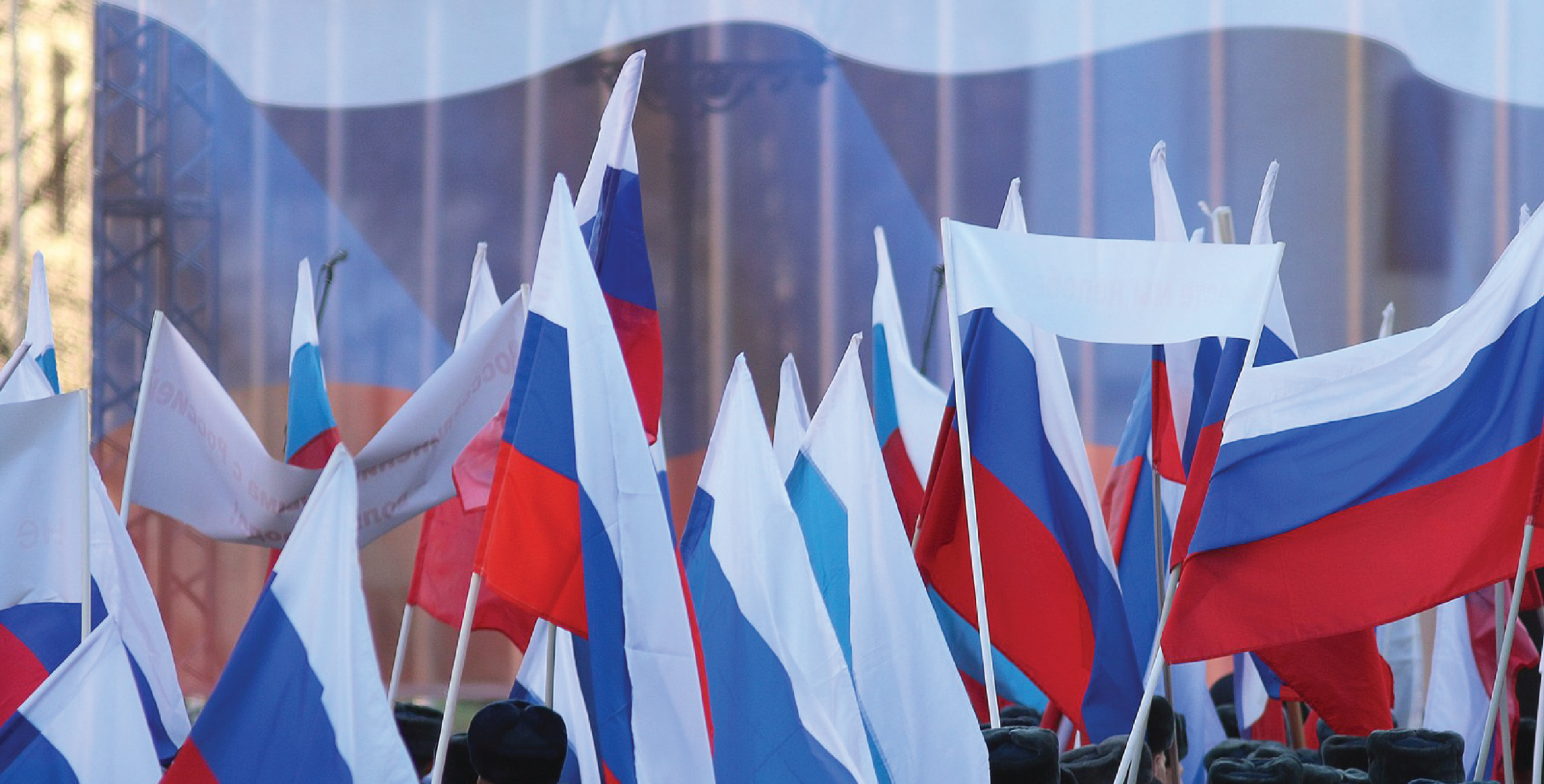Must Read
The £26 Million Dilemma: Celebrating Veterans or Ignoring Their Needs?
The UK government has recently made headlines with its ambitious £26 million bid to host the Invictus Games in Birmingham in 2027, igniting a fierce debate about national priorities.
At first glance, this initiative seems commendable, aiming to honor the bravery and resilience of wounded veterans.
However, a closer look reveals a troubling contradiction: while proposing this significant expenditure, the government has simultaneously denied additional funding to the British Armed Forces, leaving them critically under-resourced amidst rising global tensions.
This decision has sparked outrage among experts and taxpayers who question whether the government is prioritizing spectacle over substance.
The controversy raises an important question: is this bid a meaningful step forward for veterans, or merely a misguided attempt to project national pride?
Let's delve into the various facets of this issue and see what lies beneath the surface.
Consider this analogy: imagine being informed that your home requires urgent repairs to withstand an impending storm.
Instead of addressing the issue, you decide to host a lavish neighborhood party.
Absurd, right?
This is how many perceive the UK's current approach, where defense spending is overshadowed by the Invictus Games bid.
In 2023, Chancellor Jeremy Hunt's budget left the armed forces without any additional financial support, even as global conflicts escalate, from the war in Ukraine to unrest in the Gulf region.
Former Royal Navy Admiral Lord West has voiced his concerns, emphasizing that the lack of increased defense funding is alarming.
He warns that if conflict were to erupt, the armed forces would find themselves ill-equipped.
The ramifications of this neglect are grave; insufficient resources not only jeopardize military personnel but also increase the likelihood of more veterans needing the very support the Invictus Games aims to provide.
Launched by Prince Harry in 2014, the Invictus Games have become a powerful symbol of hope and recovery for injured servicemen and women.
Modeled after the American Warrior Games, they offer veterans a chance to rebuild their lives through competitive sports.
Yet, despite the noble intentions behind the event, critics argue that the £26 million bid reflects a disturbing trend of government spending that neglects fundamental obligations to veterans.
Transparency surrounding the allocation of funds has become a focal point of criticism.
How much of this substantial sum will genuinely benefit veterans?
Past events, such as the 2023 Invictus Games in Germany, raised eyebrows when it was revealed that a staggering 94% of the €41.9 million budget came from taxpayer money, with a notable portion allocated to hospitality and security expenses for high-profile guests, including the Duke and Duchess of Sussex.
Imagine being a soldier who returns home with injuries, only to discover that the system designed to support you is lacking in resources.
While the Invictus Games may shine a light on veterans' achievements, they cannot replace the comprehensive care and rehabilitation that many desperately need.
The government's choice to pursue this event has brought these pressing issues to the forefront, prompting difficult questions about the true cost of national pride.
When it comes to hosting a major international event like the Invictus Games, the implications can be complex.
Advocates argue that the Games could significantly boost Birmingham's economy by attracting tourism and creating jobs.
However, historical data from previous Invictus Games suggests a mixed bag of results, raising concerns about whether the potential economic benefits justify the hefty financial outlay.
To address these concerns, it's crucial to propose actionable solutions that can balance the scales.
First, there should be a commitment to transparency, ensuring that the public has a clear understanding of how funds are spent in relation to veterans' needs.
Additionally, matching the Invictus funding with equal investments in the armed forces could create a more equitable distribution of resources.
Finally, engaging local communities in the planning process could amplify the economic benefits while fostering a sense of ownership.
This ongoing debate challenges us to reflect on our national priorities.
Are we placing more value on grand gestures than on providing tangible support for those who have served?
While the Invictus Games undoubtedly symbolize hope and resilience, their impact is diminished when overshadowed by governmental neglect and mismanagement.
Taxpayers deserve accountability, veterans require better support, and our armed forces need adequate resources to safeguard the nation.
As the discussion unfolds, the question remains: should the UK government continue to invest in the Invictus Games at this scale?
Or is it time to reevaluate how we allocate our resources to genuinely honor and support our veterans?
The cost of patriotism is steep, and it's essential to consider whether such expenditures truly reflect our commitment to those who have sacrificed so much for their country.
The Invictus Games serve as a poignant reminder of the strength and spirit of veterans, but they should not distract us from the everyday struggles many face.
With thousands of veterans experiencing homelessness each year, the question arises: could the £26 million be better utilized to provide housing assistance or mental health services instead?
In the end, the £26 million bid for the Invictus Games is more than just a financial decision; it's a reflection of our collective values as a nation.
As we navigate this complex issue, it's vital to ensure that our veterans receive both the recognition they deserve and the necessary resources to thrive long after the spotlight fades.




















